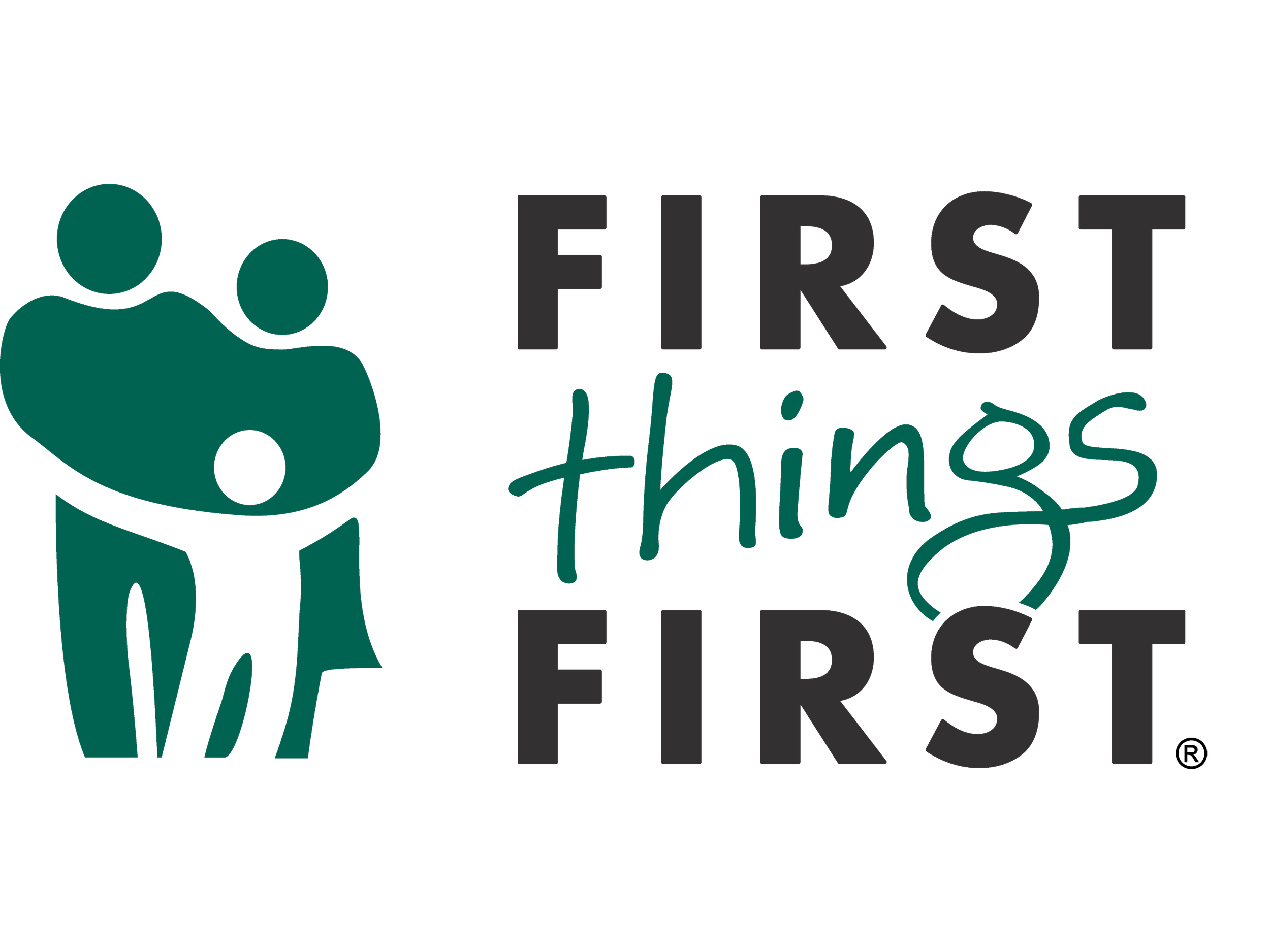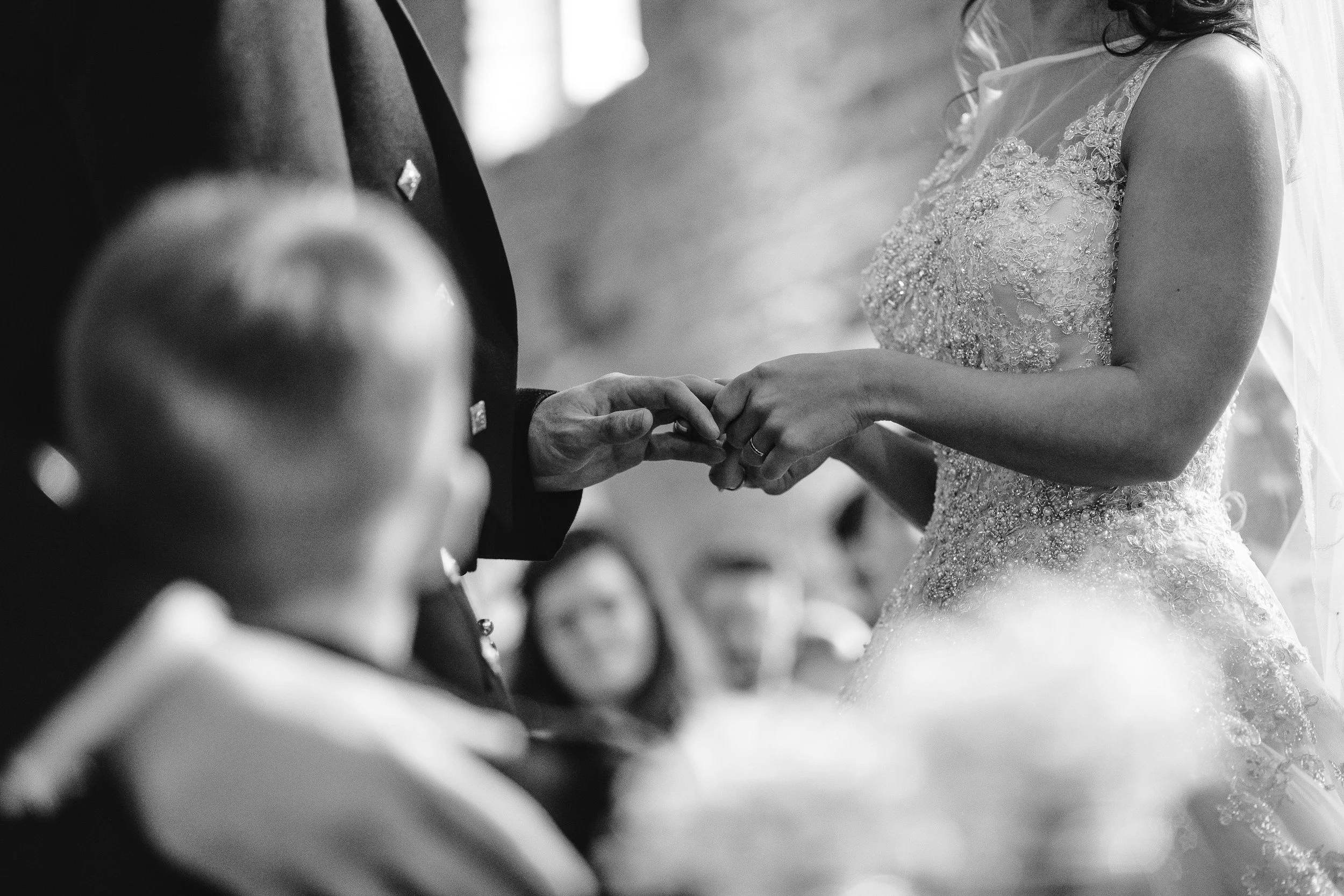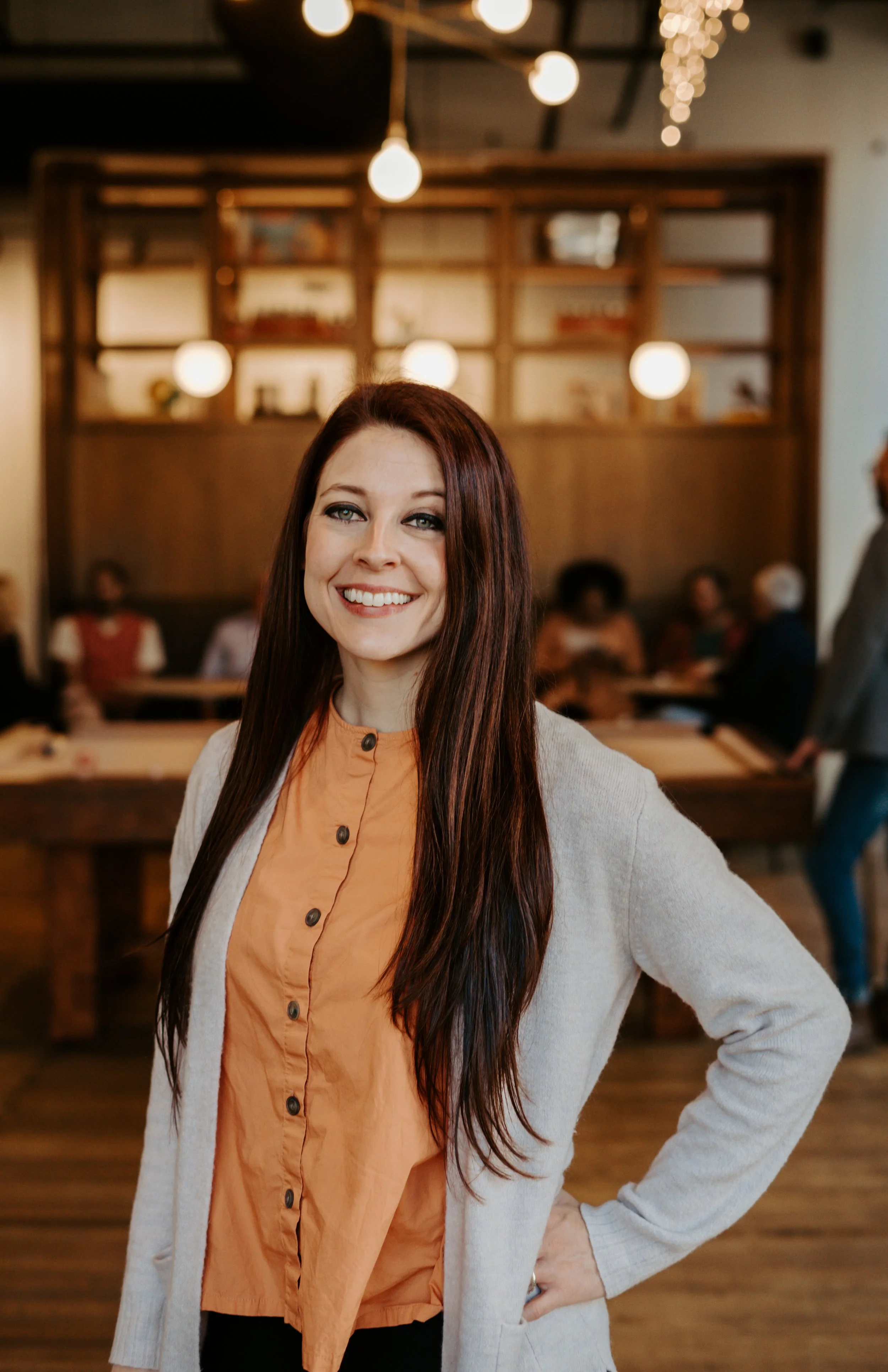Lauren Hall is the President and CEO of First Things First, a non-profit organization with 27
years of impact in helping families start and stay strong, headquartered in Chattanooga,
Tennessee.
She graduated from Southern Adventist University in 2013 with a baccalaureate in Mass
Communications and an emphasis in Writing/Editing. Upon graduation, Lauren began a career
in marketing and advertising and eventually worked her way up to the Head of Production at
The Johnson Group, an agency best known for its long-term partnerships with brands such as
The Krystal Company, Cracker Barrel, Mapco, and Erlanger Hospital.
In 2015, she received an opportunity to transition her career to the nonprofit sector by joining
First Things First as the Director of Marketing. In this position, Lauren helped First Things First
develop and implement a strategy that not only served the local community, but impacted
families internationally through digital avenues, social media, and strategic email campaigns. In
September of 2021, she was named President and CEO of First Things First. In her current role,
she has the privilege of writing a weekly column for the Chattanooga Times Free Press, serving
as a representative for the Chattanooga Nonprofit Alliance, as well as serving on the Juvenile
Commission for the Hamilton County Juvenile Court.
Born and raised in Chattanooga, she currently lives in the downtown area with her husband
Daniel, their 5-year-old son, Strider, their one-year-old daughter, Larkin, and their sweet rescue
puppy, Ida Mae.












